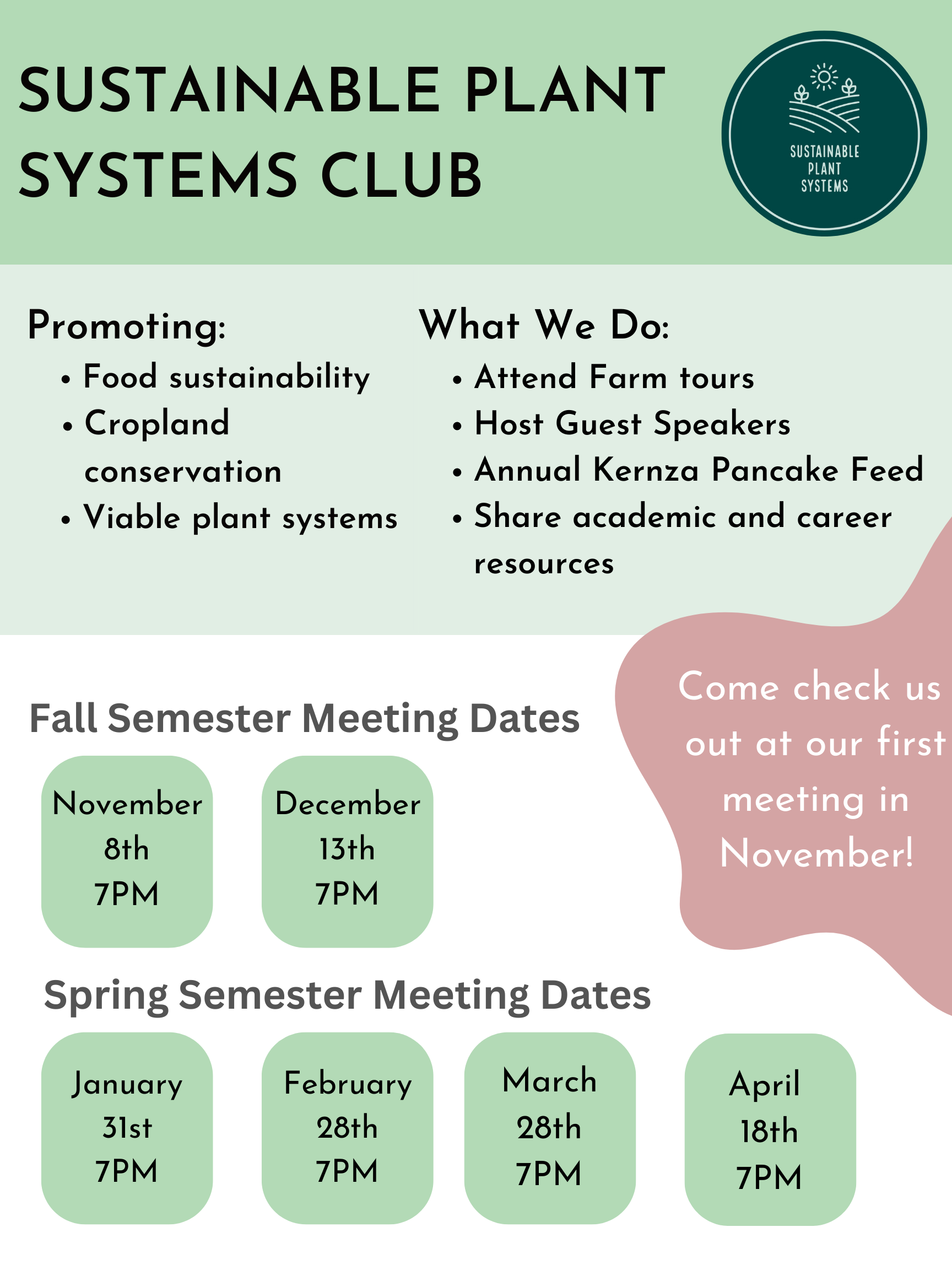Reintegrating Ruminant Grazing in Row Crop Country
"Integrated crop and grazing ruminant systems” (ICGR) that utilize “continuous living cover” (CLC) in the form of cover crops, longer rotations, or perennials in row crop country can increase the resilience of farms to climate change impacts and market volatility. This preliminary feasibility study gathered perceived barriers, opportunities, co-benefits, lessons learned, and recommendations from farmers involved in or considering ICGR.
